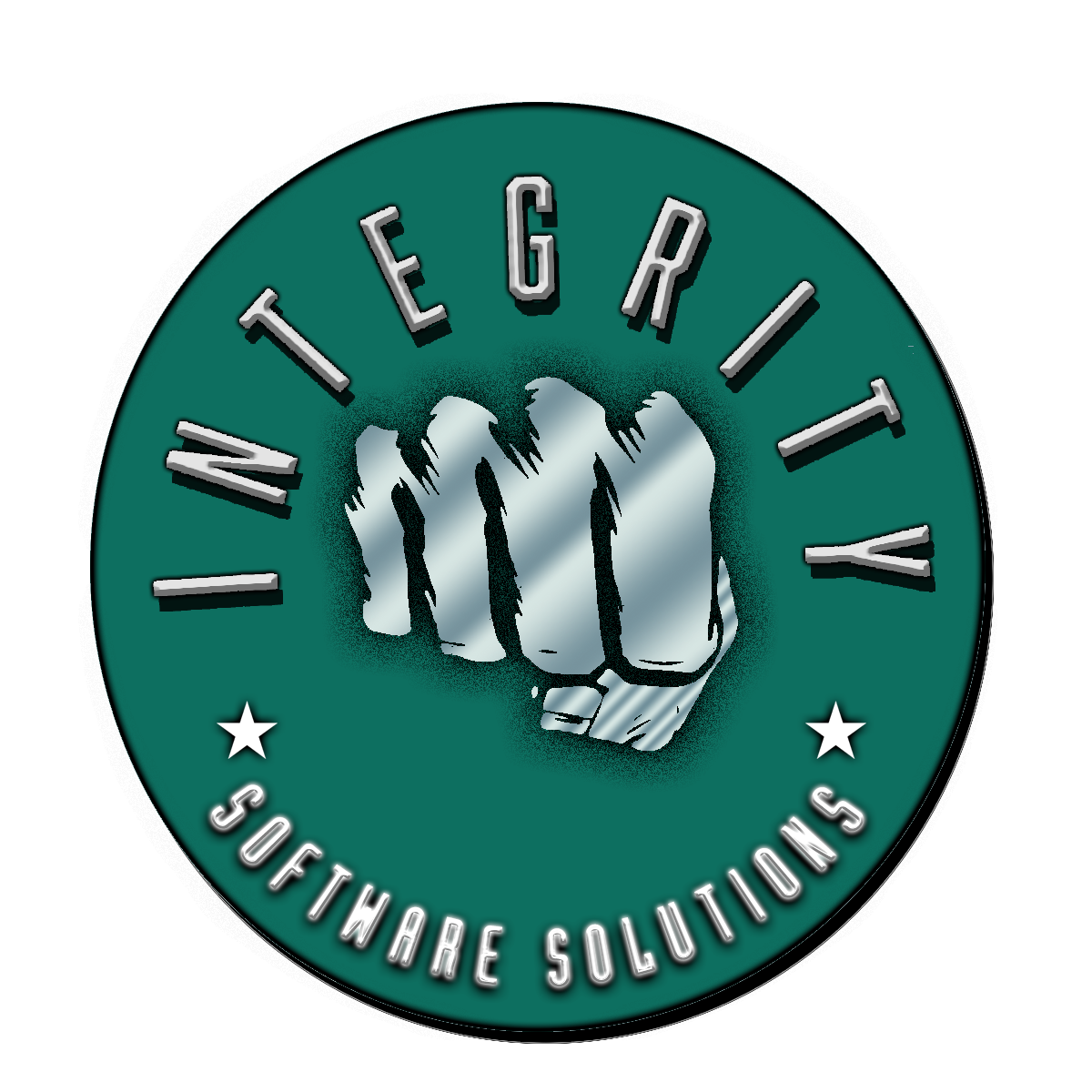Attention tax professionals: The IRS, along with its Security Summit partners, wants to alert you about a scam email that specifically targets tax professionals like you. This fraudulent email pretends to be from various software companies and aims to steal your Electronic Filing Identification Numbers (EFINs). The scammers claim that you need to provide your EFIN documents for verification purposes in order to transmit tax returns. However, their real intention is to steal sensitive client data and even your own identity, potentially allowing them to file fraudulent tax returns and claim refunds. To help you protect yourself from this scam, the IRS is organizing a series of educational webinars tailored specifically for tax professionals. These webinars will take place starting from February 12 and will continue throughout the following week. The purpose of these sessions is to provide you with guidance and information, empowering you to safeguard against this particular scam. IRS Commissioner Danny Werfel emphasizes the importance of implementing strong security measures during the tax filing season. He urges you to be cautious and ensure the security of your practices, especially when dealing with emails that might appear to be official communications. Taking extra precautions can make a significant difference in protecting you from becoming a victim of scams, especially during this busy period. The IRS has already received numerous reports of this scam targeting tax professionals. The fraudulent email typically includes a U.S.-based area code for faxing EFIN documents and provides instructions on obtaining EFIN documentation from the IRS e-Services site if it is unavailable. Variations of the scam may use different fax numbers for software vendors. Signs of a scam email include inconsistencies in the wording and the presence of a German footer. If you receive such a scam email, it is crucial that you do not respond or follow any instructions provided. The fraudulent email may ask you to provide a copy of your EFIN Account Summary from IRS e-Services, labeled as “Completed,” to a software vendor for verification. However, remember that the Preparer Tax Identification Number (PTIN) application cannot be used as documentation for the EFIN. The IRS is actively working to raise awareness about this scam and provide support to tax professionals through the special webinars. It is of utmost importance for you to remain vigilant, exercise caution when handling emails, and implement robust security measures to protect both yourself and your clients’ sensitive information. Stay safe and protect against scams during this tax season.

